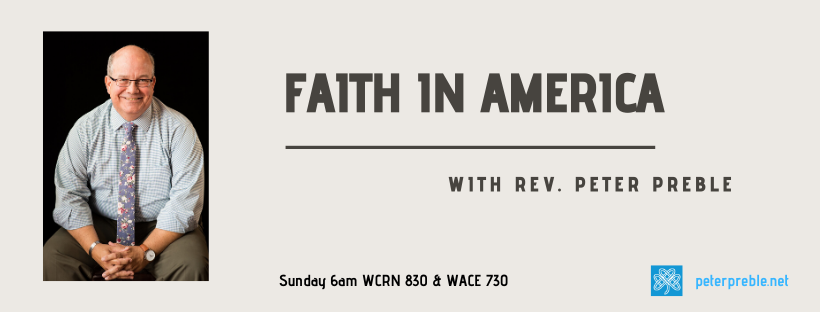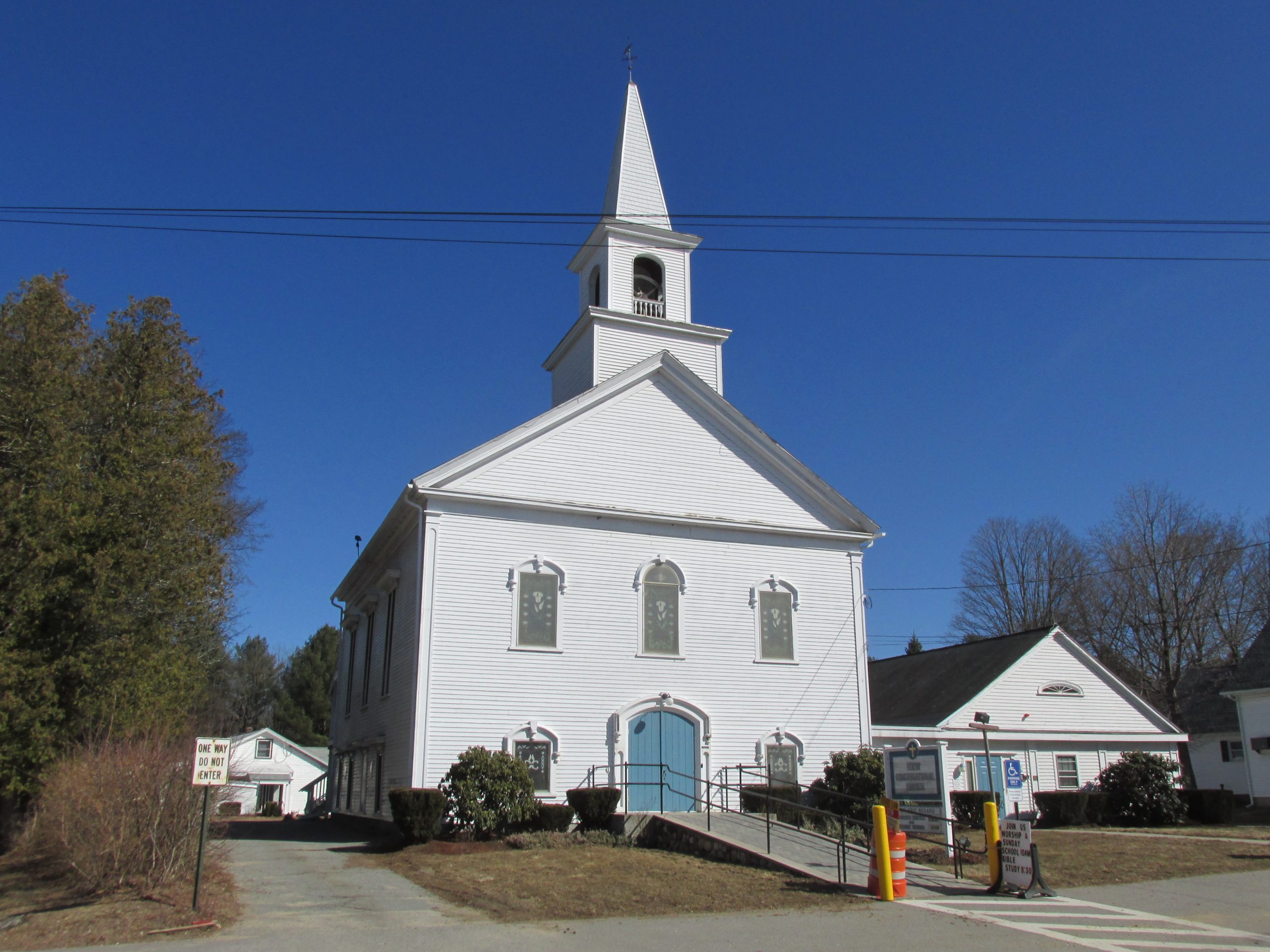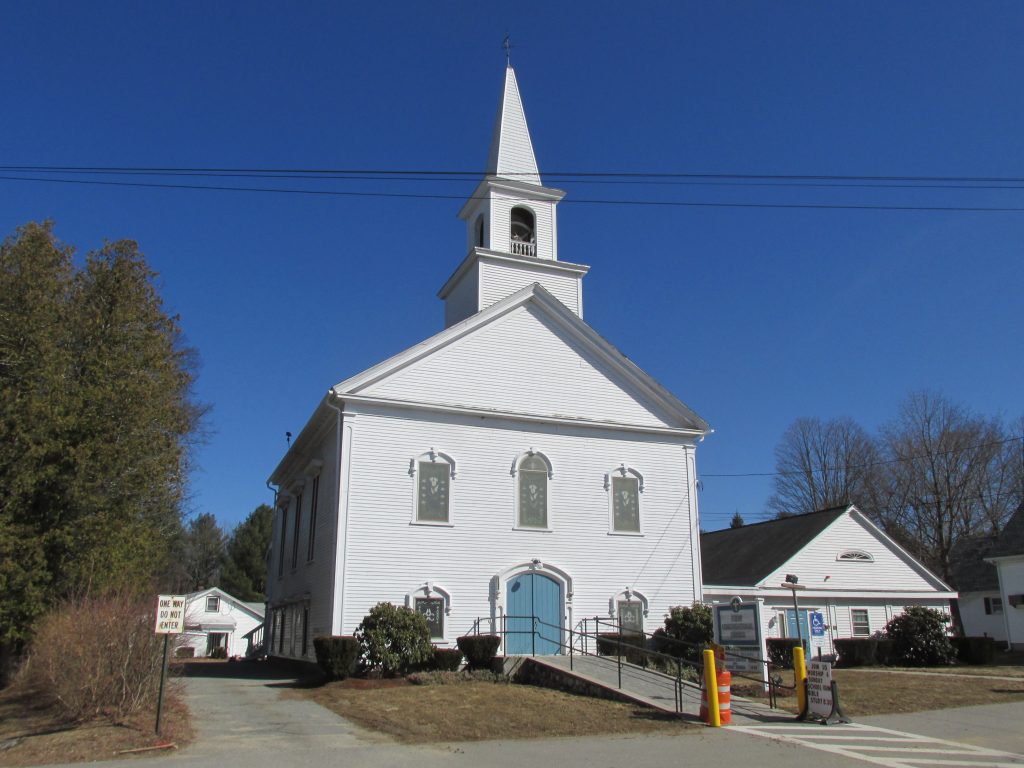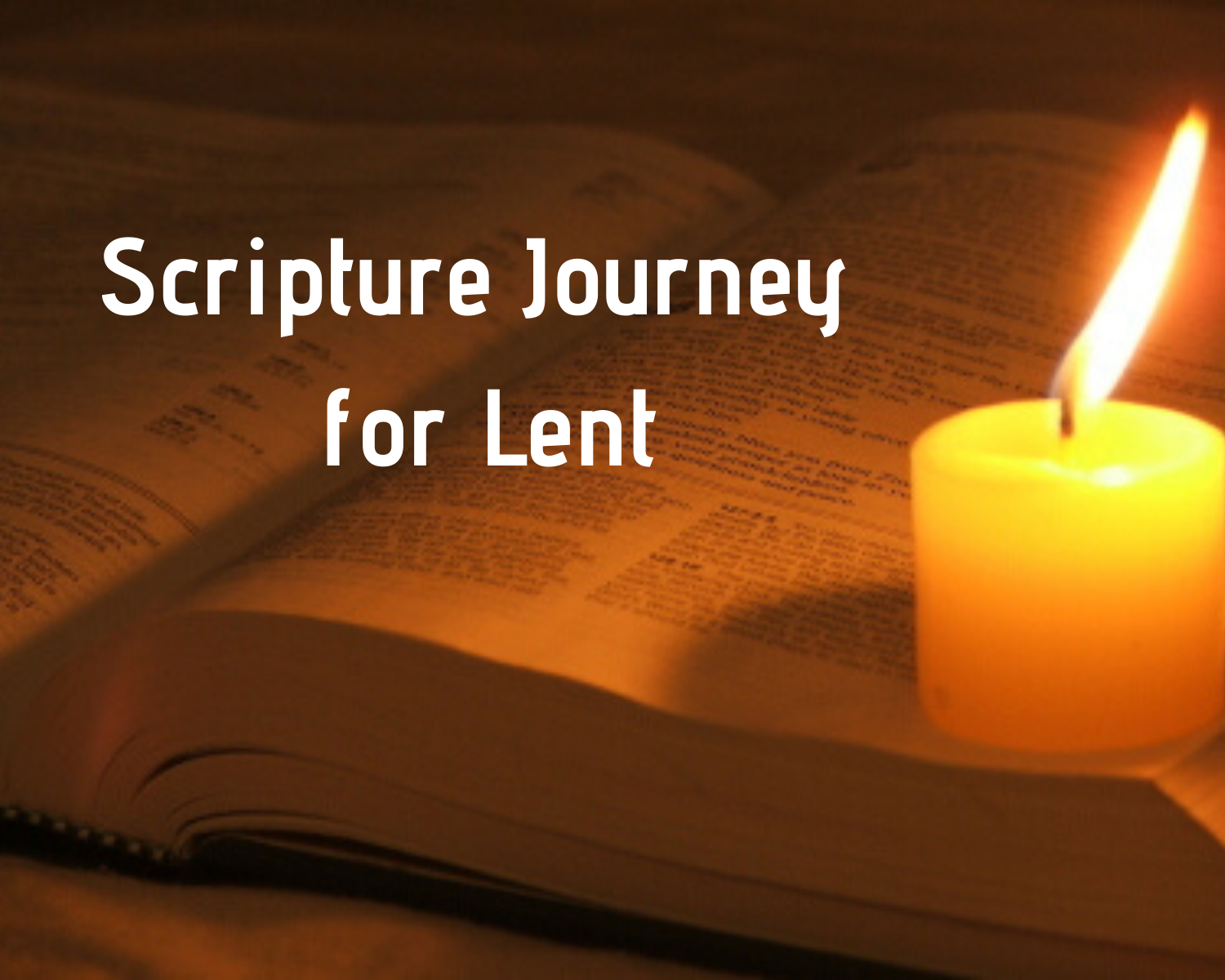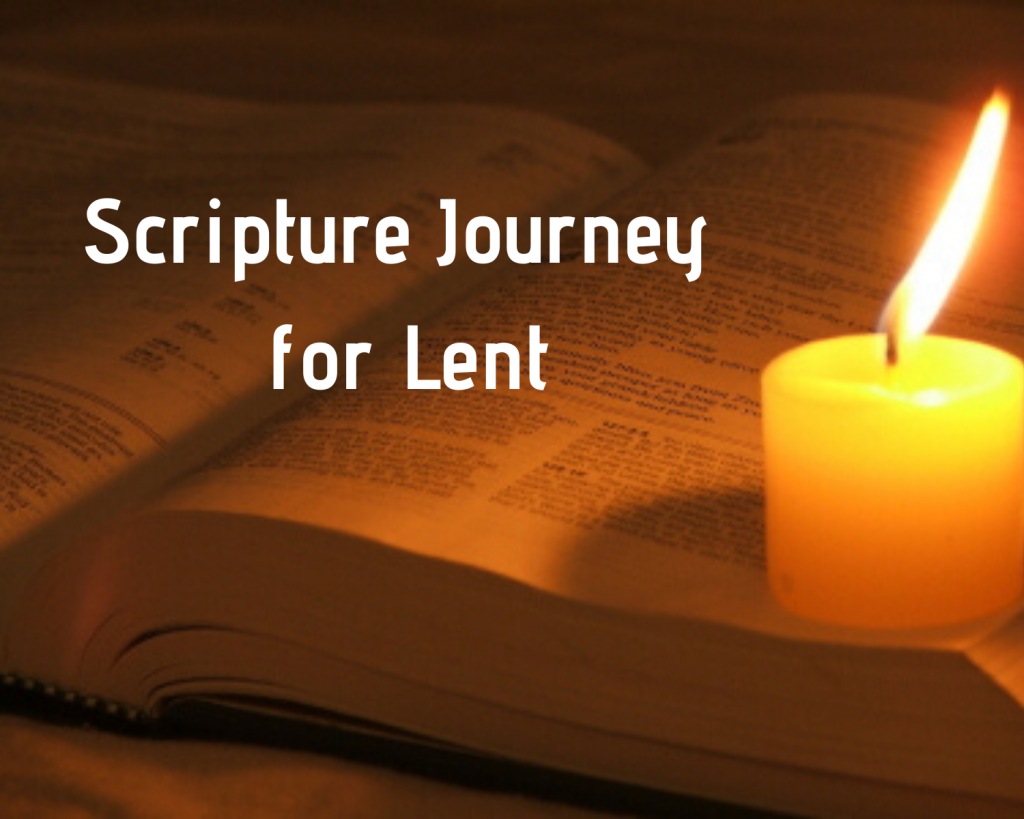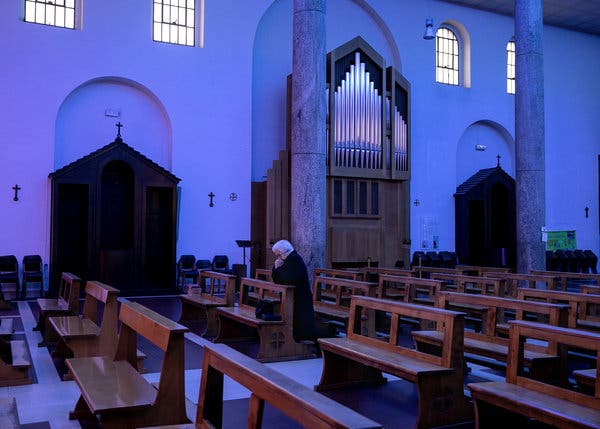
For the last several weeks, the news has been filled with information about the Coronavirus or COVID-19 as it is now being called. Recently, the World Health Organization has declared COVID-19 a Pandemic. This week President Trump suspended air travel from most of Europe, the NBA has suspended its season, colleges and universities in Massachusetts are going to online classes and sending the students home, and Governor Charlie Baker has declared a state of emergency in Massachusetts.
All reasonable steps, I would say, in the face of what we are looking at.
Dr. Anthony Fauci, Director of the National Institute of Allergy and Infectious Diseases and a member of the White House Coronavirus Task Force testified before the House Oversight Committee this past week that we need to take this outbreak seriously. When asked about the comparison between COVID-19 and the seasonal flu, Dr. Fauci responded, citing data gathered from the outbreak in China and South Korea, “Though 80% of the people infected would get sick but recover, about 15% would experience a significantly higher mortality rate.” Fauci continued, “The mortality for seasonal flu is 0.1 [percent]. The mortality for this is about 2, 2½ percent. It’s probably lower than that; it’s probably closer to 1. But even if it’s 1, it’s ten times more lethal than the seasonal flu. You’ve got to make sure that people understand that.”
Now armed with all that information, there is still no need to panic and start hoarding toilet paper. Being prepared is a good thing, and the recommendations are to be prepared for up to 15 days if you get sick, but we still do not need to panic. Sure, older folks and those with preexisting conditions are at a higher risk and therefore, should limit their exposure to large crowds. However, the advice is still that handwashing, coughing, and sneezing into a tissue or your elbow, and practicing social distancing is still the best way to combat the spread.
As a faith leader, I believe it is my responsibility to provide the facts, as I know them, and to bring a sense of calm in the storm. There is a story from the Gospel of Mark of Jesus and his disciples in a boat on the Sea of Galilee. While they were sleeping, a furious storm blew up and threatened to sink the boat. The disciples woke Jesus, and Jesus brought calm to the storm and to the others with him in the boat. He asked those with him, “do you not have faith?” I have faith, but my faith requires me to use my brain and to pay attention to those with the medical knowledge that will guide us through the storm.
I will go back to my comment earlier about preparation. We need to take the time to prepare, do not need to go crazy, but we need to prepare. The leadership of my congregation has met and discussed a plan that we have put in place. At this point, we will not close the church or suspend church services, but we will be altering how we worship. These are all measures that we are taking to protect those around us. There is so much we do not know about this virus that it is better to practice good safety measures.
(Update: Since writing this commentary for the program, Church Leadership and I have decided to suspend church services for at least the next two weeks.)
But what of our spiritual and mental health. I would suggest, and I am going to practice these things myself, is that we unplug even for a short period of time. Turn off the news, watch a gardening show, or a home improvement show. Go outside and rake your lawn and dig in the dirt. Go for a walk around the neighborhood and wave to your neighbors. Listen to music, read a book, meditate, pray, do yoga, just get away even if it is for a half-hour or an hour a day. Get plenty of rest, eat the right foods, drink enough fluids to stay hydrated, and continue with life as best you can.
Look, we are hearty New Englanders who have faced blizzards, nor Easters, hurricanes, tornadoes, losing baseball seasons, the possibility of Tom Brady leaving the Patriots, and we have gotten through all of it. We know how to prepare for things, and this outbreak should be no different. This could be a long duration event, so we need to pace ourselves and try not to get caught up in all the hype. Listen to accurate information from reputable sources. The critical thing to remember in all of this, do not panic, do not get stressed as stress affects us physically and drains us emotionally. Get yourself prepared and practice trying to stay calm in the midst of the storm.


